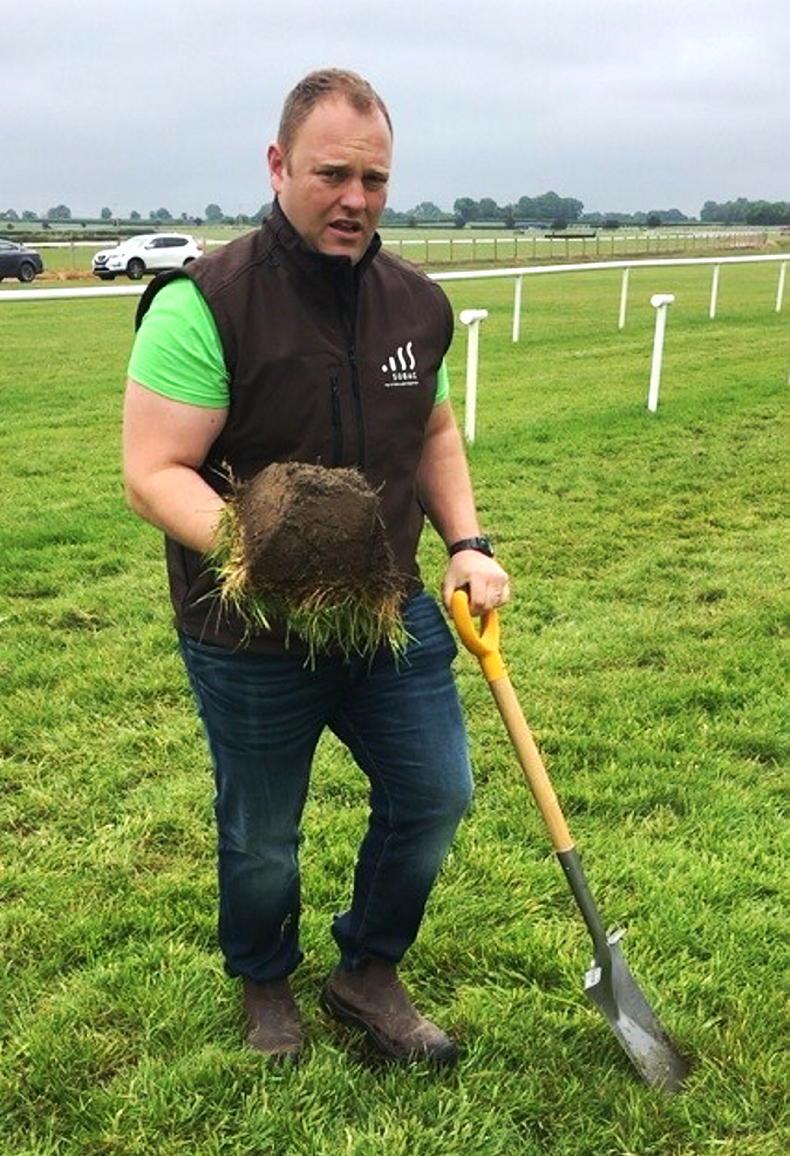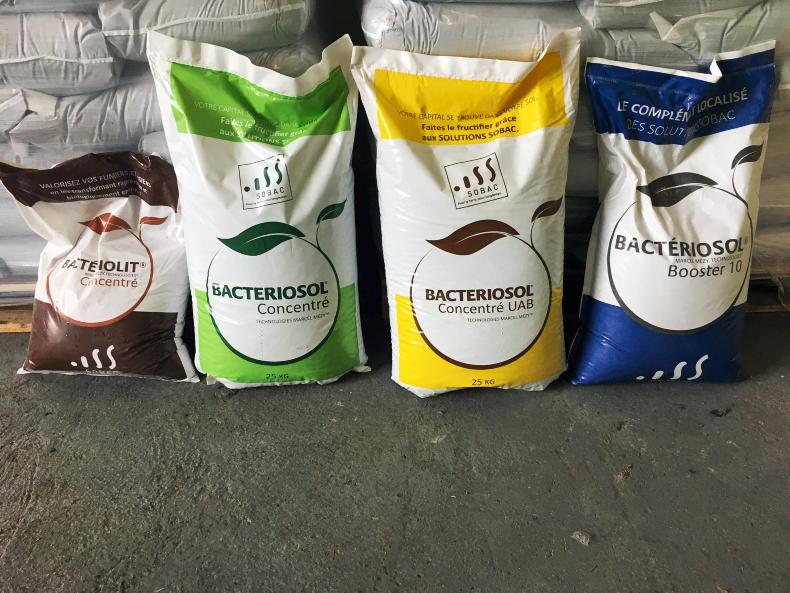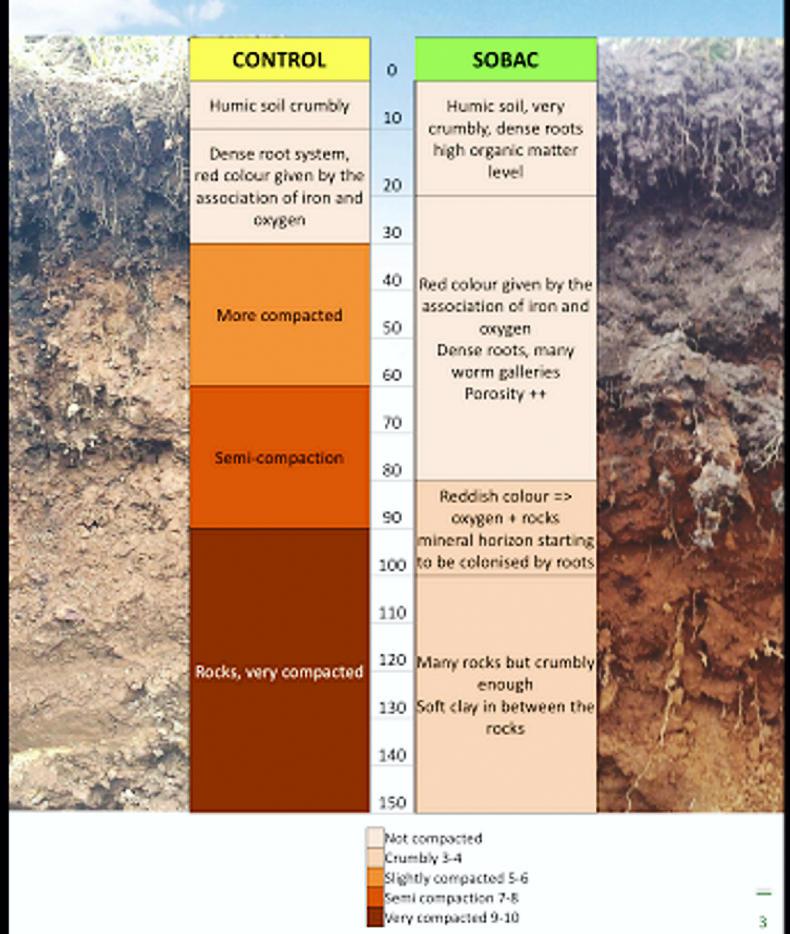SPRING is a great time to awaken our senses as the sprouting and germination of new seeds in fields will provide the early nutrition for the emergence of new life across farms in Ireland. During the last number of weeks the equine industry has been busy foaling mares and studying the stallions for the next hopeful mating.
Looking after your soil is very similar to looking after the welfare of your livestock and maybe even ourselves. The quality of water that we drink, the fuel we put into our body and the quality of sleep that we get has a huge impact on the way we feel and perform. The tractor cannot function without having the right fuel, oil, tyres. Our body, our livestock and our soil is the same as how we treat it has an impact on how it performs. Looking after our animals the best way we can is directly linked to the looking after the health of the soil on our farms.
In recent years more farmers are focusing on the health of their soil, worm population and root depth. The soil is organic matter, rock particles, air, water and micro-life. A healthy soil will help the uptake of nutrients into the plant and the animal will have access to better quality forage.
One of the main challenges with soil on farms is that the root systems of grass and crops are not growing deep enough in the soil and during drought conditions they are not able to access the moisture and during heavy rainfall they are not helping to drain the land. We need to go away from farming and feeding the top three inches and get the soil working from within. If we get the root systems and biology right the efficiency and utilization of nitrogen will increase and therefore, we can reduce the amount of chemical nitrogen needed to grow a crop.
The use of seaweed soil amendments and bio stimulants can play a major part in bring the soil back to life. The problem is if the roots are shallow the plant becomes reliant on the chemical fertiliser instead of working from within the soil. SOBAC is a company that works for the health of our soil. A living soil is a healthy soil, and its humus content is the primary sign of that. While decades of chemicals, erosion and adverse weather have degraded soils all over the country, SOBAC’s products Bacteriolit and Bacteriosol have proved that it is possible to give them back their fertility by boosting their humus content.
As company founder Marcel Mézy himself often says: “When humus goes away, humans go away.” Humus is the natural storage capacity of the soil, and it is more important than ever that we are looking after our soil. SOBAC’s products work for the overall health of our soil, and the results speak for themselves.
In livestock farming, SOBAC’s solutions focus on the relationship between soil, plants and animals, to produce high-quality forage, beneficial to both animal health and product quality. For crops, they reduce the use of fertilisers and pesticides to enhance the nutritive quality of the products, boosting both quality and yield while respecting the environment. The overall concept provides real solutions for the sustainability of farms. There currently exists no other way of producing humus as fast, in as many types of soils and weather conditions. SOBAC is committed to implementing a new form of agriculture that is productive and environmentally friendly, whereby farmers regain their freedom and their pride in being farmers “for the soil for a long time”.
Getting more out of your land and increase the productivity and land efficiency:


 This is a subscriber-only article
This is a subscriber-only article
 It looks like you're browsing in private mode
It looks like you're browsing in private mode












SHARING OPTIONS: